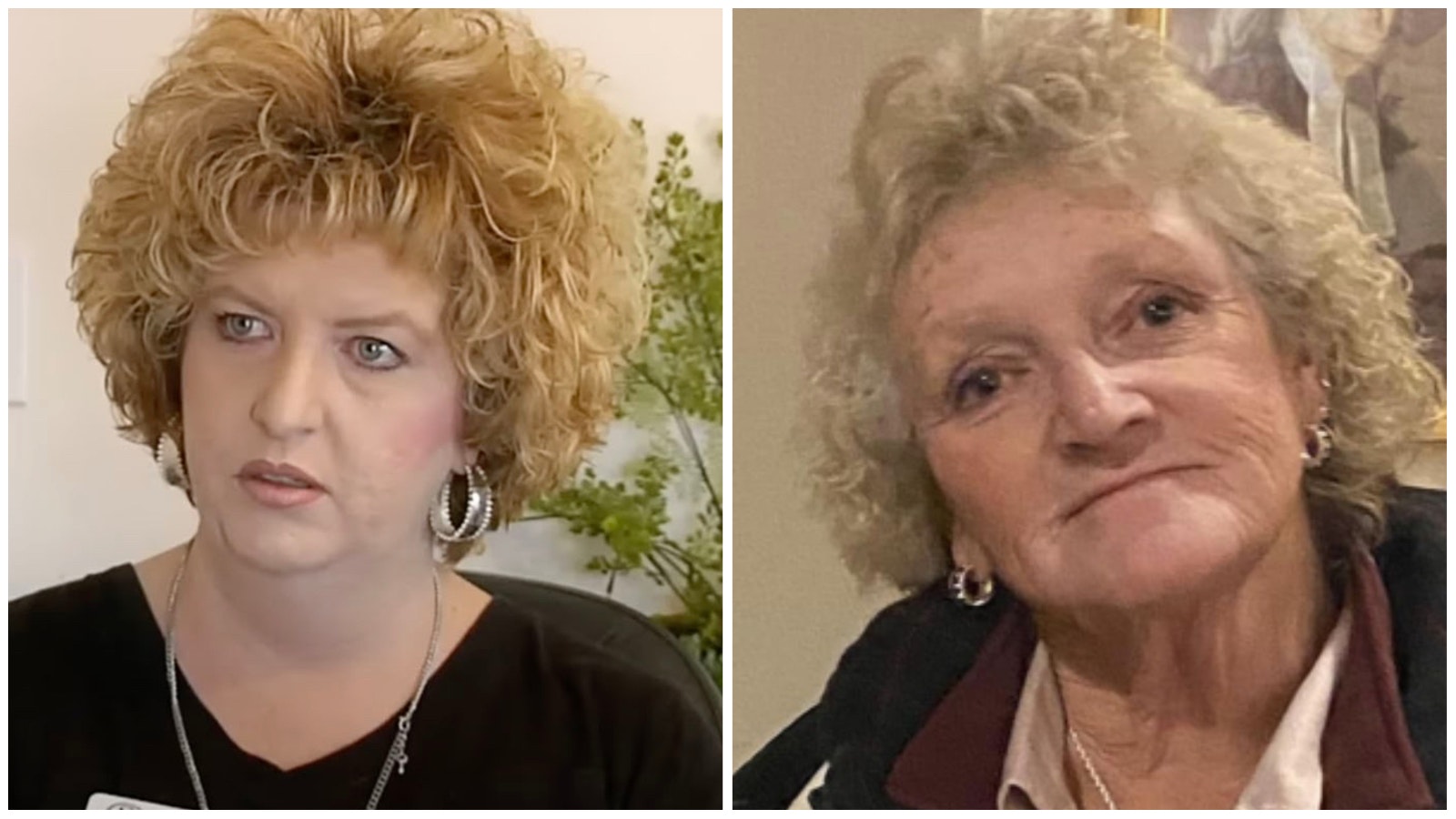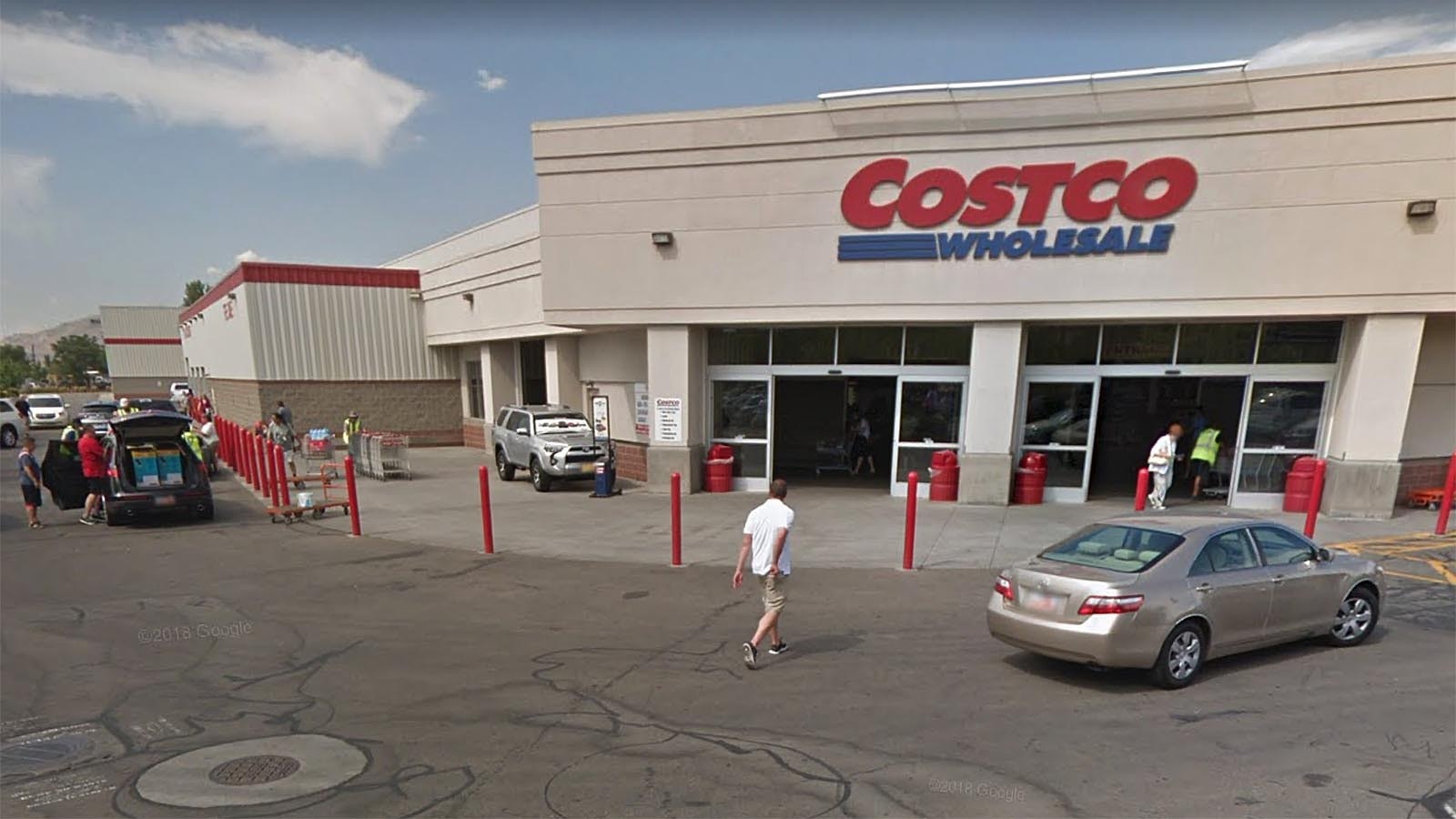A Montrose, Colorado, funeral home operator and her mother have been sentenced in a body-snatching case that involved more than 800 dead bodies, many of which were supposed to have been cremated but were instead sold as body parts to scientific researchers around the world.
Megan Hess, 48, received the maximum sentence of 20 years for her role in the case, while her mother, Shirley Koch, 69, was sentenced to 15 years on a mail fraud charge for her part.
Five remaining counts of mail fraud and three of illegal transportation of hazardous materials were dropped against both women as part of a plea arrangement, according to court documents.
A victim restitution hearing has been scheduled for March. Prosecutors are seeking forfeiture of property owned by the two women in Colorado, as well as repayment of any ill-gotten gains.

Went On For Years
Court documents detail a macabre case that authorities say began on or around 2010 and continued through February 2018.
The women did get permission from some families to donate body parts to researchers through their brokerage, Sunset Mesa Funeral Foundation, which went by the trade name Donor Services, court records state.
But in many other cases, bodies that were supposed to be cremated and the ashes returned to families were instead donated without the families’ knowledge or, in some cases, against their expressed wishes.
Either way, families were charged $1,000 or more for a cremation that never happened and given ashes that weren’t from their loved ones.
Donation signatures were often forged as well, creating the false appearance that the families had agreed to the donation.
Essentially, A Body Parts Factory
In some cases, the two exceeded the authorization they had obtained, court records state, either donating more body parts than families had agreed to or for purposes the families had not agreed with.
They also altered laboratory test results in dozens of cases for particularly infectious diseases — namely HIV and hepatitis. These particular diseases would generally preclude such donations for most research purposes.
The income from the body brokerage service allowed Hess to undercut cremation rates offered by other funeral parlors and crematories in the region, assuring a steady supply of bodies coming in to Donor Services.
Hess Argues Altruistic Motives
Hess did not address the court during the sentencing hearing.
In a statement, defense attorney Ashley Petrey said Hess’ motivation was to advance medical research.
She also said the rates Hess charged were well below market rates for similar services and suggested they were aimed more at helping families gain an affordable funeral than enriching Hess.
Apology From Koch
Koch, meanwhile, told the court she acknowledged her guilt and takes responsibility for her actions, and said she was very sorry for the harm caused to families.
The case was instrumental in changing Colorado law to prohibit funeral homes from also licensing anatomical or donation agencies. Lawmakers also prohibited the ownership of 10 percent or more interest in both a funeral home or crematory and a tissue bank.
Abuse of a corpse was changed from a misdemeanor to a Class 6 felony, and regulations were eased, allowing state regulators to inspect a funeral home or crematory upon request.





